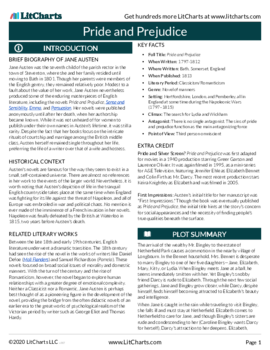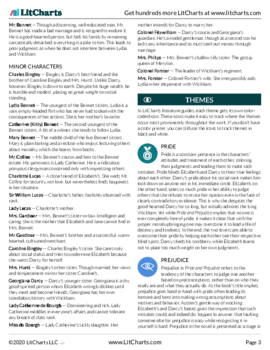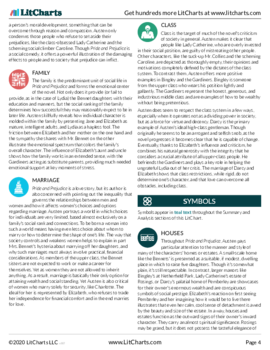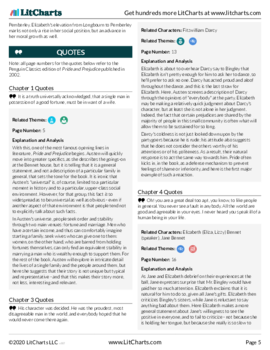- All's Well That Ends Well
- Antony and Cleopatra
- As You Like It
- The Comedy of Errors
- Coriolanus
- Cymbeline
- Hamlet
- Henry IV, Part 1
- Henry IV, Part 2
- Henry V
- Henry VI, Part 1
- Henry VI, Part 2
- Henry VI, Part 3
- Henry VIII
- Julius Caesar
- King John
- King Lear
- Love's Labor's Lost
- A Lover's Complaint
- Macbeth
- Measure for Measure
- The Merchant of Venice
- The Merry Wives of Windsor
- A Midsummer Night's Dream
- Much Ado About Nothing
- Othello
- Pericles
- The Rape of Lucrece
- Richard II
- Richard III
- Romeo and Juliet
- Shakespeare's Sonnets
- The Taming of the Shrew
- The Tempest
- Timon of Athens
- Titus Andronicus
- Troilus and Cressida
- Twelfth Night
- The Two Gentlemen of Verona
- Venus and Adonis
- The Winter's Tale
plus so much more...
-
Lines 1-5
The poem begins with the speaker talking on the phone with a potential landlady, hoping to rent some sort of housing—likely an apartment or a room in a boarding house. The accommodation seems fine: it’s not too expensive, the location isn’t bad, and the landlady doesn’t live on the premises. There’s just one problem: the speaker is “African.”
The speaker refers to this moment as a “self-confession,” with the speaker's blackness being something that the landlady must be "warned" about. This language makes it sound as if there's something shameful or wrong about being “African,” but the speaker is being deliberately tongue-in-cheek here. The speaker isn’t personally ashamed of being “African”; rather, the speaker seems fully aware of society's racial prejudices and worries about what the landlady will think. The speaker confesses to being “African” to avoid taking a trip to see the rental only to be turned down simply for being black.
These opening lines also establish the poem's form. It's written in a distinctly casual tone, with many caesuras breaking up lines of various lengths. The form is free verse, meaning there isn't any overarching rhyme scheme or meter; instead, the poem flows along like a conversation–which, in a way, is exactly what it is.
It's also worth noting that until line 4, all the lines are enjambed. That gives the poem a kind of anxious speed, as though the speaker were rushing through the preliminaries, trying to get straight to the most difficult and essential point. Line 5 is then strongly end-stopped. This end-stop conveys certainty and self-assurance, especially after all the enjambed lines that precede it.

|
PDF downloads of all 3060 of our lit guides, poetry guides, Shakescleare translations, and literary terms.
PDF downloads of all 1915 LitCharts literature guides, and of every new one we publish.
Learn more
|

|
Explanations for every quote we cover.
Detailed quotes explanations (and citation info) for every important quote on the site.
Learn more
|

|
Instant PDF downloads of 136 literary devices and terms.
Definitions and examples for 136 literary devices and terms. Instant PDF downloads.
Learn more
|

|
Compare and contrast related themes.
Compare and contrast Related Themes across different books.
Learn more
|

|
Teacher Editions for all 1915 titles we cover.
LitCharts Teacher Editions for every title we cover.
Learn more
|

|
PDFs of modern translations of every Shakespeare play and poem.
PDFs of modern translations of every Shakespeare play and poem.
Learn more
|

|
Advanced search across our collection.
Advanced Search. Find themes, quotes, symbols, and characters across our collection.
Learn more
|

|
Line-by-line explanations, plus analysis of poetic devices for lyric poems we cover.
Line-by-line explanations, plus analysis of poetic devices for every lyric poem we cover.
Learn more
|


For every lyric poem we cover.



Literature Guide PDFs
LitCharts PDFs for every book you'll read this year.



Quotes Explanations
For all 42,357 quotes we cover.





Teacher Editions
Time saved for teachers.
For every book we cover.
Common Core-aligned



PDFs of modern translations of every one of Shakespeare's 37 plays, 154 sonnets, and 3 longer poems.


Plus a quick-reference PDF with concise definitions of all 136 terms in one place.





















